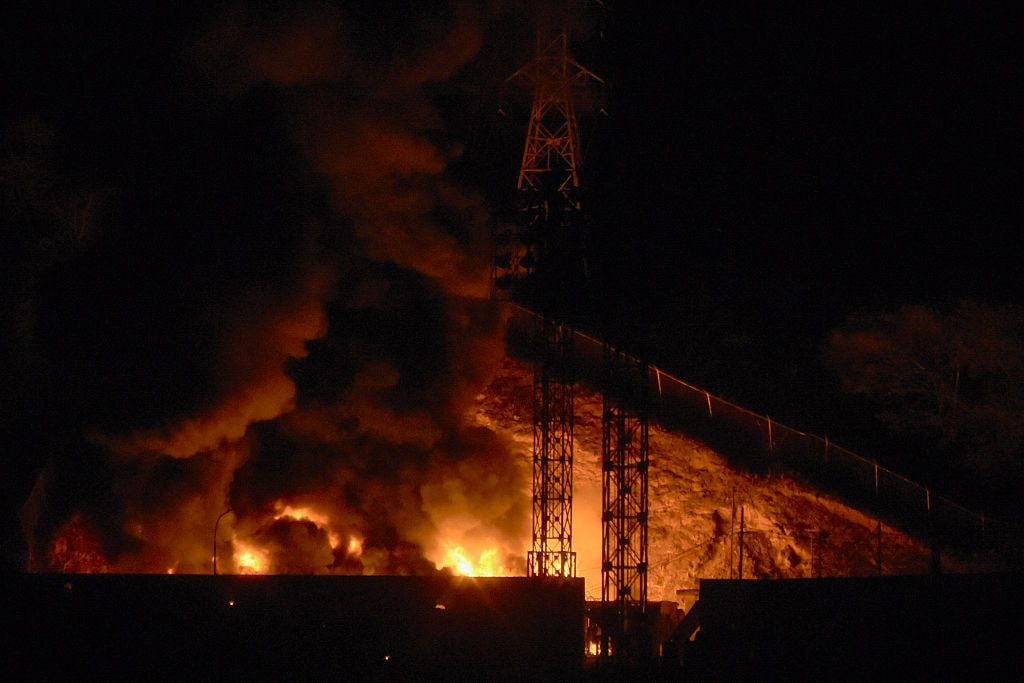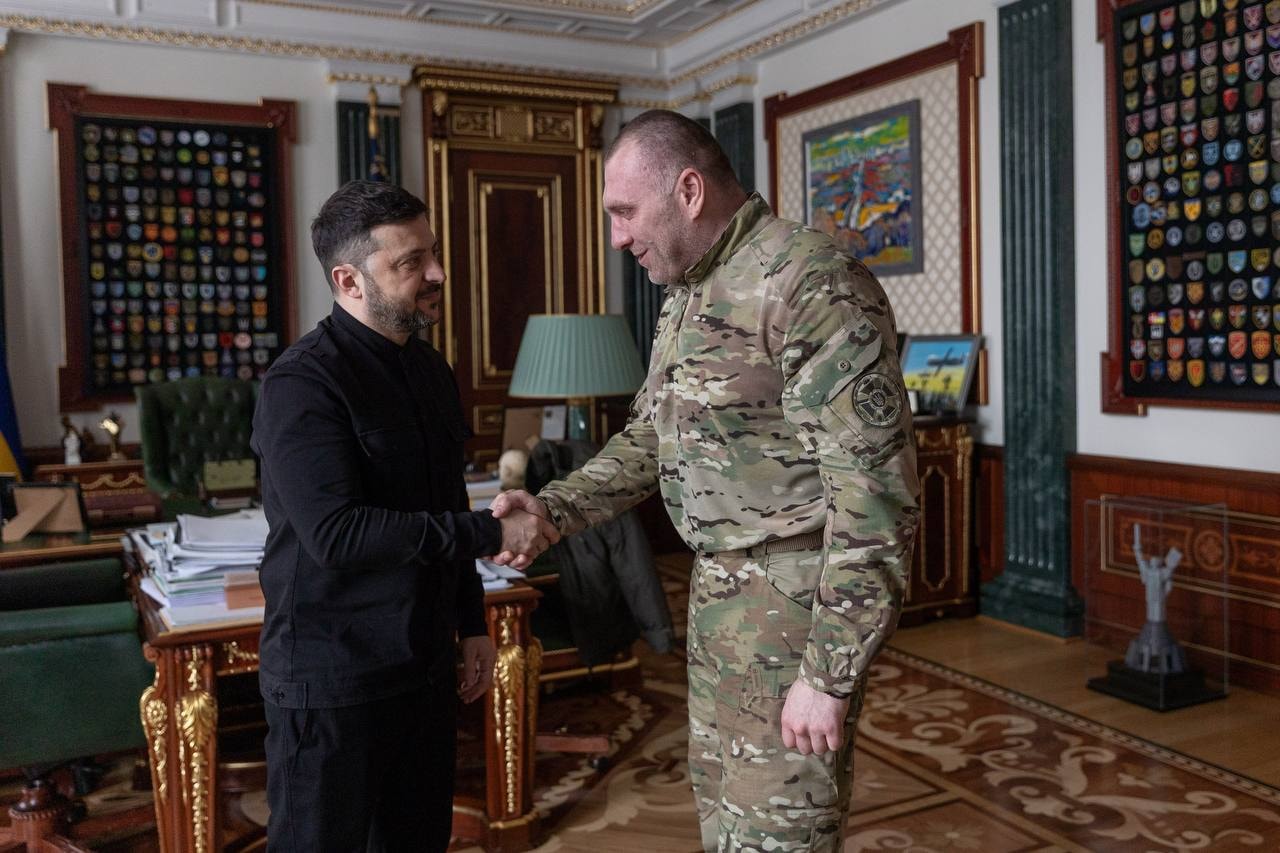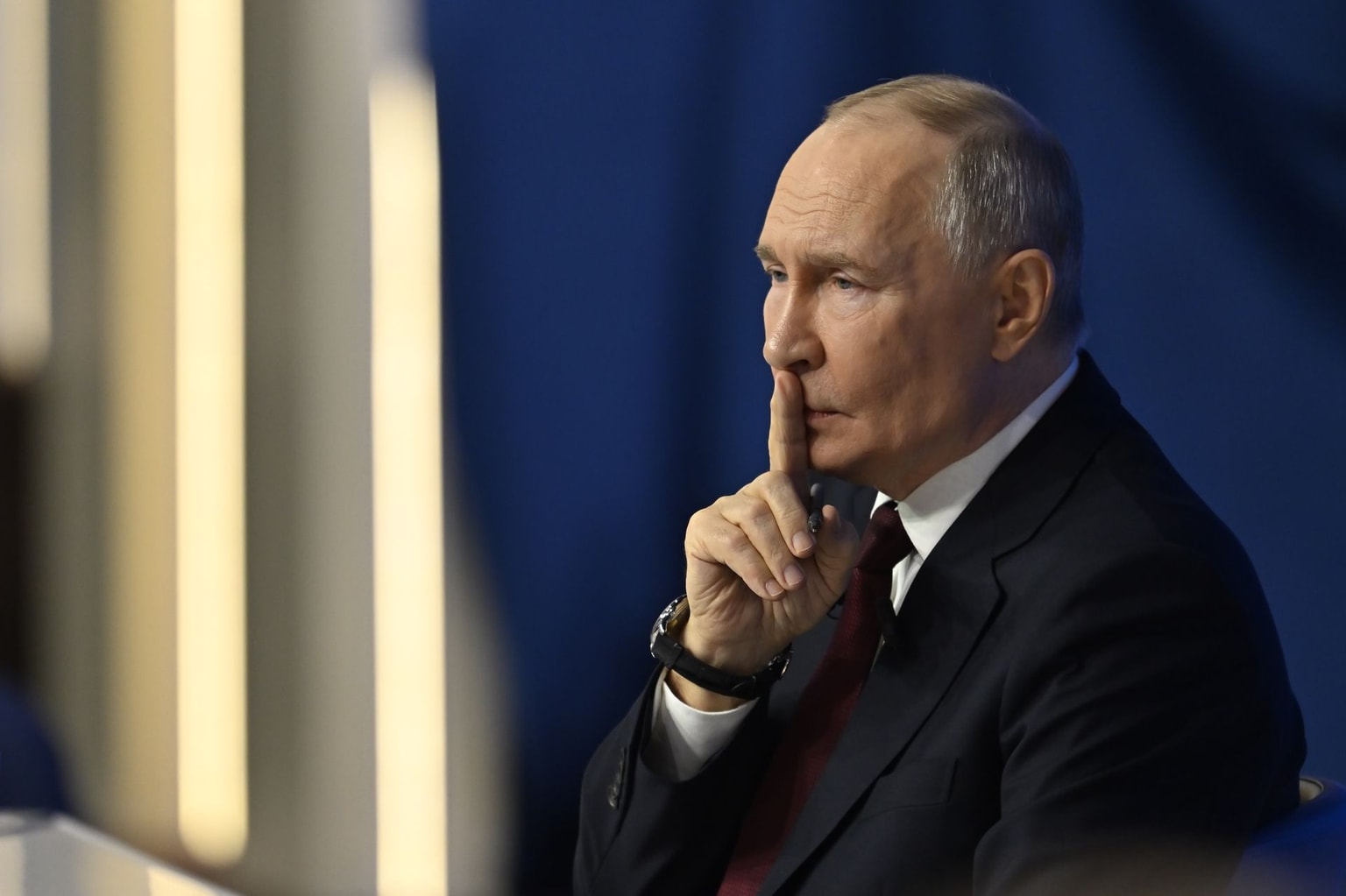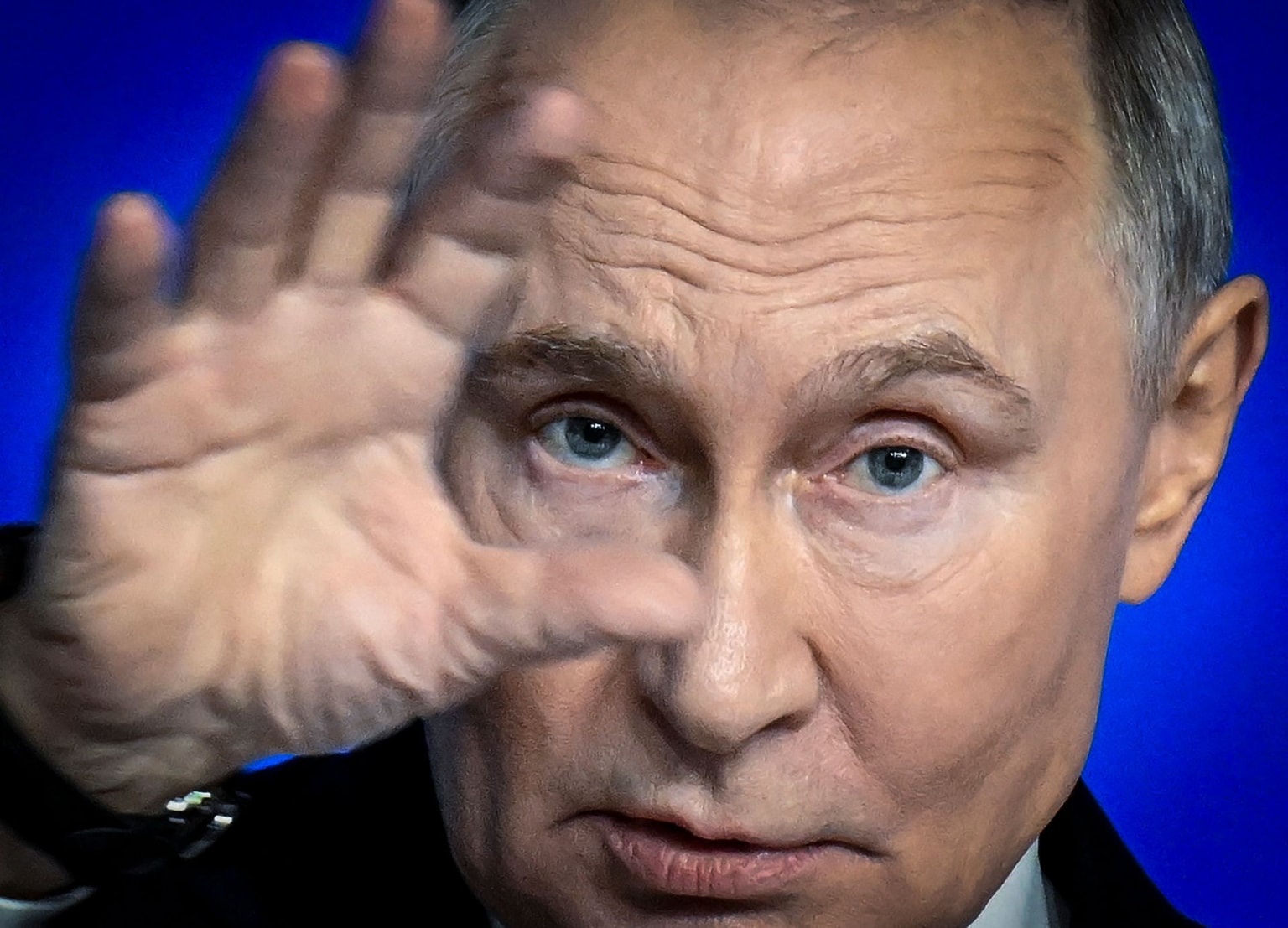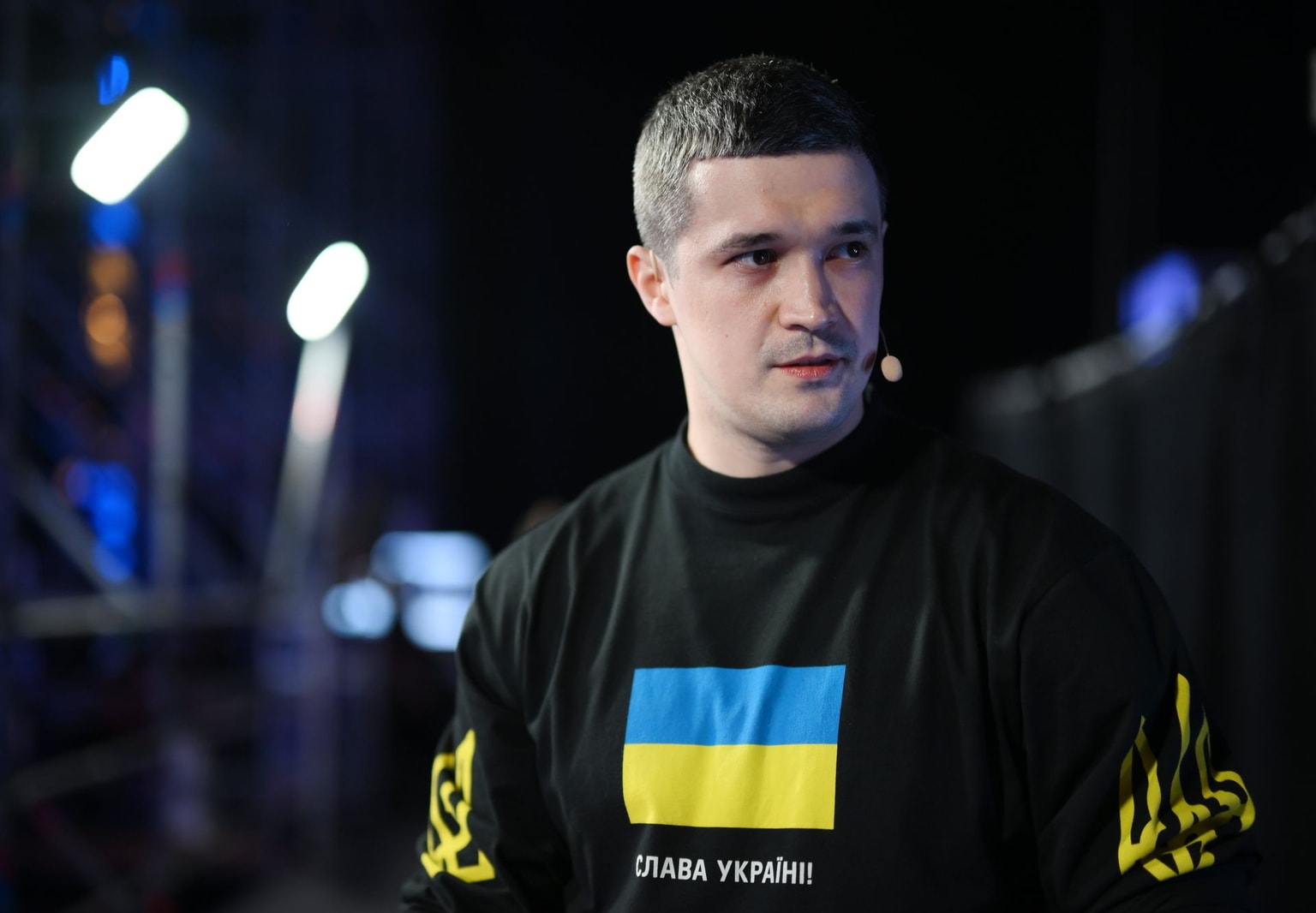German Defense Minister Christine Lambrecht has submitted her resignation, German magazine Der Spiegel reported on Jan. 16.
The move comes amid criticism of delays in the German government's arms supplies to Ukraine and Lambrecht's alleged failure to upgrade the German military fast enough.
Lambrecht's resignation also comes ahead of the German government's expected decision this week on whether to supply Leopard 2 tanks to Ukraine.
Lambrecht has held the position of defense minister since December 2021.
"The months of media focus on my person hardly allow factual reporting and discussion about the soldiers, the Bundeswehr, and security policy decisions in the interests of the citizens of Germany," Labrecht said in her resignation statement, as cited by Der Spiegel.
Lambrecht has long been criticized for her response to the war in Ukraine.
Calls for her resignation grew following her New Year's Eve message posted on social media, during which Lambrecht mentions the war in Ukraine with fireworks in the background.
In the video, Lambrecht also said that for her the war in Ukraine was associated with "many special impressions, many encounters with interesting, great people," confusing and angering many.
Since the beginning of Russia's all-out invasion in February 2022, the German government has been criticized for delaying and blocking arms supplies to Ukraine. Amid pressure from the media, the public and NATO allies, Germany has increased its arms supplies to Ukraine but German Chancellor Olaf Scholz is still accused of being reluctant to antagonize Russian dictator Vladimir Putin.
Currently a lot depends on the position of Germany, since several countries are reportedly ready to supply German-made Leopard tanks to Ukraine. They need approval from the German government, which has not made a decision on the issue yet.
Scholz on Jan. 13 complained about alleged pressure to supply Leopard tanks to Ukraine and said that Germany would not rush to deliver weapons and would "weigh every step carefully," AP and Der Spiegel reported.
read also
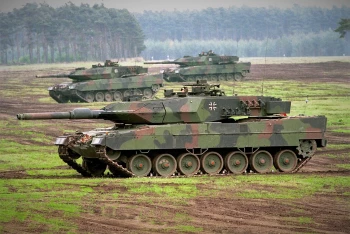
“I think that the German government, somewhere deep down, understands that this decision will be made, and the tanks will be transferred to Ukraine. The only upsetting thing is that this decision has not been made yet, and we are losing precious time and lives because of this,” Ukrainian Foreign Minister Dmytro Kuleba said on Jan. 10.
On Jan. 13, Kuleba reported that five countries are ready to transfer Leopard main battle tanks to Ukraine, but they are waiting for permission from Germany.
Poland and Finland have publicly announced plans to supply Leopard tanks, while three other countries have said “privately” that they are ready to supply them, according to Kuleba.
Bloomberg has reported, citing two unnamed officials familiar with the matter, that Germany will likely make a decision this week on whether to supply Leopard tanks to Ukraine.



